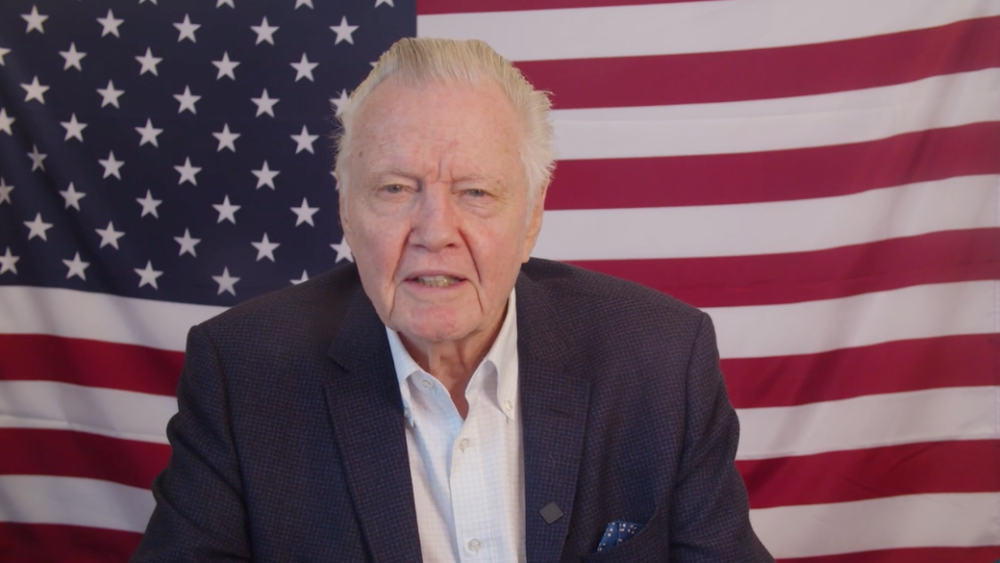A draft version of Jon Voight‘s plan for Hollywood included a 10% federal tax incentive for film and TV production, paired with an American “cultural test” akin to the rules in the United Kingdom.
The draft, published by Deadline on Tuesday, was “crafted solely for the purpose of discussion” and was released without authorization, said Voight’s producing partner, Steven Paul, in a statement.
Paul said the ideas in the document are “a culmination of broad conversations” that he and Voight have had with industry stakeholders, and are “not intended to drive definitive political action, nor do they reflect any formal policy or position.”
Voight and Paul previously stated that they delivered a “comprehensive” plan to President Trump over the weekend at Mar-a-Lago. Trump latched onto a single element — tariffs on foreign production — before appearing to back off on Monday.
Others in Hollywood have urged a federal tax incentive that would supplement the current patchwork of state-based tax credits. The draft of the Voight plan has several unique features, including a requirement that productions contribute to American culture.
The U.K. cultural test is meant to protect distinctly British culture from being overrun by American film and TV. As the world’s dominant cultural exporter, the U.S. has not generally been thought to have that problem.
In U.S. states with film incentives, the government does not control the content of subsidized productions, as that has been understood to pose First Amendment issues.
The draft Voight plan also includes a bid to restore the financial interest and syndication rules, or fin-syn rules, which were abolished by the Federal Communications Commission 30 years ago. The rules prevented the major broadcast networks from owning their prime-time programming. The document would seek to reimpose that restriction and apply it to streaming services — a move that would no doubt generate industry pushback.
In addition, Voight suggested a tariff to counter “runaway production.” Unlike Trump’s proposal, Voight’s would be targeted at productions that could have been shot in the U.S., but elected to go offshore in pursuit of foreign incentives. The tariff would be 120% of the foreign incentive, in order to negate the financial benefit and “level the playing field.”
Trump floated a 100% tariff on all foreign production on Sunday, which baffled and alarmed many in the industry. On Monday, the White House said that no final decisions had been made and Trump indicated he consult further with industry leaders before doing anything.
Democrats have started to line up behind a federal incentive, but Republican support remains a question. Sen. Adam Schiff has said that he wants to work across the aisle on the idea. Gov. Gavin Newsom also proposed a $7.5 billion incentive on Monday night, hours after Trump said Newsom’s “incompetence” was to blame for the exodus of production jobs from the state.
In a fact sheet obtained by Variety on Tuesday, the Motion Picture Association, joined by the Directors Guild of America and SAG-AFTRA, expressed support for a federal incentive.
“As Congress undertakes 2025 tax legislation, we urge lawmakers to include a production incentive to support film and television production made by workers in America,” the statement said. “This will help preserve and create U.S. jobs, bolster local economies across the country, and ensure America remains the global leader in entertainment production.”
The draft of Voight’s proposal would add 10% to state-level tax incentives, and provide a 20% credit in states without an incentive. In addition to traditional film and TV, it would also include content made for digital platforms, including X (formerly Twitter), Facebook and YouTube.
Separate incentives would be offered for theater owners, production facilities, visual effects, and AI. The MPA declined to comment on the draft plan.
Read the full article here


